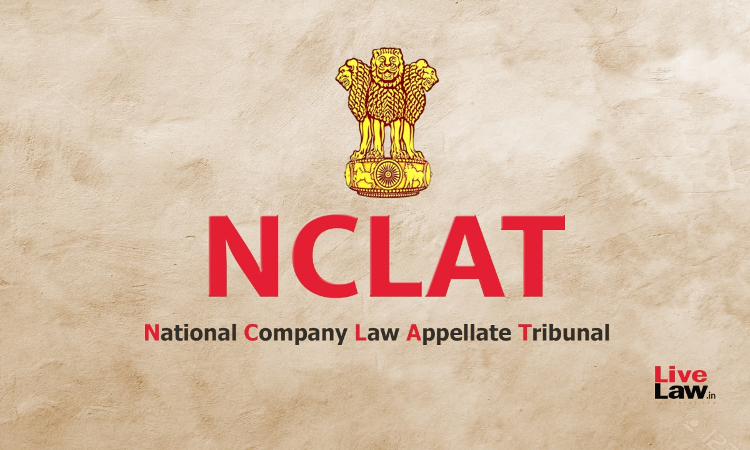Dispute Regarding GST Dues Not A Bar To Section 9 IBC Proceedings: NCLAT
Tazeen Ahmed
27 Aug 2024 1:50 PM IST

Next Story
27 Aug 2024 1:50 PM IST
The NCLAT Bench of Justice Rakesh Kumar Jain, Member (Judicial) and Arun Baroka, Member (Technical) has held that the dispute regarding payment of GST dues is not a “pre-existing dispute” between the parties that would preclude the initiation of Corporate Insolvency Resolution Process (CIRP) under Section 9 of the Insolvency & Bankruptcy Code, 2016 (IBC). Brief...
